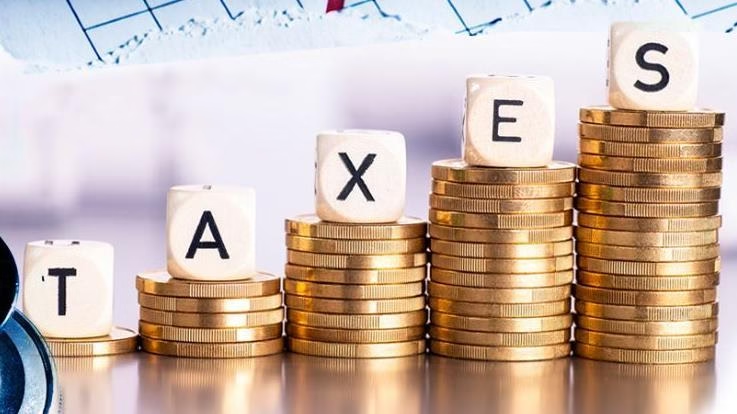The Fiscal Impact of Removing E-Levy and COVID-19 Tax: A Detailed Analysis
The proposed removal of the E-Levy and COVID-19 tax by Ghana’s President-elect, John Dramani Mahama, is generating widespread debate about its implications for the country’s fiscal health. With a projected revenue loss of GHS 6.4 billion in 2025 alone, this policy move could significantly impact government finances under Ghana’s IMF-supported program.
Understanding the Revenue Shortfall
The E-Levy and COVID-19 tax have been crucial revenue streams for the Ghanaian government, particularly amidst economic challenges. The E-Levy, introduced as a 1% levy on electronic transactions, is expected to generate GHS 2.4 billion in 2025, up from GHS 2.1 billion in 2024. Similarly, the COVID-19 tax, a measure introduced to combat pandemic-induced fiscal pressures, is projected to bring in GHS 3.97 billion in 2025, compared to GHS 3.1 billion this year.
Combined, these taxes are anticipated to contribute an additional GHS 1.2 billion in 2025, helping to stabilize government finances. Removing them, however, could leave a GHS 6.4 billion gap in the national budget, potentially threatening funding for critical sectors such as healthcare, education, and infrastructure.
Challenges to Fiscal Stability
The proposed tax cancellation raises concerns about Ghana’s fiscal sustainability, especially given the country’s high debt levels. Without these revenue streams, the government may resort to increased borrowing, which could exacerbate an already precarious debt situation and heighten exposure to economic risks.
Analysts have cautioned that eliminating these taxes without introducing alternative revenue measures could undermine fiscal stability and derail Ghana’s ongoing economic recovery.
Potential Solutions to Offset the Revenue Gap
To address this potential shortfall, experts are calling for a reduction in import exemptions and zero-rated imports, which are estimated to result in significant tax savings. According to tax consultant Francis Timore-Boi, import exemptions alone amounted to GHS 3.5 billion, of which GHS 1.7 billion was government-approved.
By reviewing these exemptions and zero-rated imports, Ghana could generate an estimated GHS 9 billion in additional revenue. This approach could help offset the loss from abolishing the E-Levy and COVID-19 tax, ensuring fiscal stability while alleviating the tax burden on households and businesses.
Balancing Relief with Fiscal Responsibility
While the proposed removal of these taxes aligns with the National Democratic Congress (NDC)’s commitment to reduce the financial strain on Ghanaians, careful planning is necessary to ensure fiscal sustainability. The challenge lies in balancing immediate relief for citizens with the need to maintain long-term economic stability.
Conclusion
As the incoming administration moves forward with its plans, a comprehensive strategy to offset the revenue loss will be critical. Whether through revising tax exemptions, increasing efficiency in revenue collection, or exploring new tax measures, Ghana’s leadership will need to strike a balance between easing the tax burden and safeguarding the nation’s fiscal health.
By addressing these concerns, the government can ensure that its policies foster economic growth while maintaining the trust of both domestic and international stakeholders.



